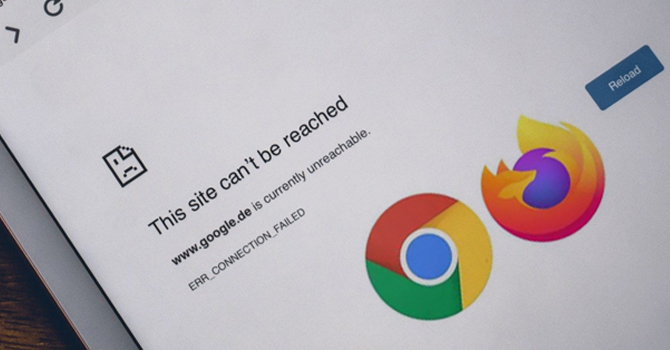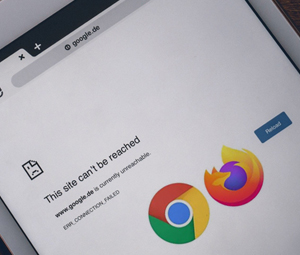
As the Chrome and Firefox browsers reach their 100th editions, what should be a cause for celebration for the creators may boil down into a disaster. According to a tech source, the triple-digit release numbers coded in browsers’ User-Agents (UAs) might create trouble with a tiny number of sites, similar to the Y2K bug.
Mozilla experimented last year to investigate if version number 100 would affect websites, and the findings were just published on a blog. It did affect a limited number of sites (some of which were extremely large) that we’re unable to interpret a user-agent string containing a three-digit number. According to a tracking site, notable ones still impacted included HBO Go, Bethesda, and Yahoo. Among the bugs are “browser not supported” warnings, site rendering difficulties, parser failures, 403 errors, and others.
What could possibly be the cause of such a ludicrous occurrence? “Without a single specification to follow, different browsers have different formats for the User-Agent string, and site-specific User-Agent parsing,” Mozilla said in a blog post. “It’s possible that some parsing libraries may have hard-coded assumptions or bugs that don’t take into account three-digit major version numbers.”
Fortunately, both browser developers have a strategy. If there are issues with sites that cannot be fixed before the versions are released, both browsers will either freeze the version numbers in the UA strings at 99 or insert code overrides to rectify the issue. Both have also requested that developers test their sites using Firefox/Chrome 100 user agents. The browsers will be available on March 29th for Chrome and May 3rd for Firefox, respectively – ideally, like Y2K, it will be a stir about nothing.
- Allegations of Copying Apple’s Weather App Lead Figma to Disable Its AI Design Tool - July 9, 2024
- Meta’s Content Library Serves As A Digital ‘Clean Room’ For Researchers To Access Data - November 20, 2023
- User Can Now Delete Their Threads Profile Without Losing Their Instagram Account - November 14, 2023




